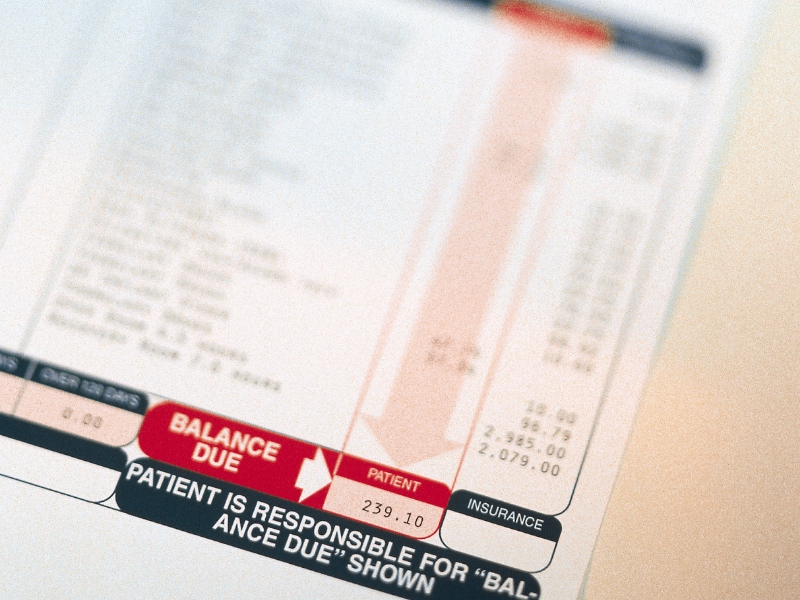We spend about $4 on medial services for every $20 that we spend. How can that be?
One way of looking at things is what my CPA says, “First, let’s look at it from 50,000 feet high.” Thus when we look at our medical expenses from the point of the gross national product of the USA, the answer comes out to be about 20% of all expenditure in the US goes to medical services.
How can that be? Follow the money; the medical costs are disguised all along the way. When we work for a Union or large corporation we have some visibility, if we read the paystub. Corporations typically pay much of our medical expense. But, when we look at a typical fee of $20 for dinner and a beverage, we can’t see it because the price of the meal is based on the purveyors’ costs which include various “fringe” benefits.
So, if you are like many of us, we tend not to scrutinize a medical bill of $3000 if the insurance is paying for it; but, if our restaurant were to start charging $30 for the same meal, we would not only notice it, we would probably look for alternatives. So, let me tell you some of my experiences.
I had a knee injury that required an MRI, and the doctor asked if I had insurance.
“Yes,” I said, “Its a 20% deductible.”
He said that he would charge $3,000, but if I wanted to use the group nearby that cost $600 cash or credit card, I could do that. So what that tells me is that $2400, or 80%, might be lost in our convoluted system.
Later a brace for the same knee injury was strongly suggested. The cost was about $3,000. It was paid for by Medicare which sends a copy of the billing that they are charged. Lo and behold, nearly two years later, I saw another charge for the $3,000 brace. Trying to be a good citizen, I called Medicare to report it. The response was that they don’t handle the issue; I need to contact the purveyor. Ultimately, I failed to follow through.
I wondered if this is a conspiracy whereby everyone is marching to the same drummer, including me.
In 2004, for I had the honor to run for Congress, and in that environment, a candidate has the opportunity to meet and talk to many. I met a doctor who practiced in California and Canada. The natural question was “How does the Canadian system work?” He responded that the insurance system here is so convoluted; that when he prescribes something, it needs clearance from the insurance company, then it is rejected, then he has to call some decision
maker higher up and debate the issue. Finally, he can prescribe the medication.
This seems like an overkill of administrative work that is a source of our high costs of medical. Years later, my friend Frank, a US citizen who had lived in Britain 20 years before and went to visit on vacation. He became sick, went to the doctor, and to my amazement, he was still “in the system.” At no charge, the doctor prescribed a mediation and to my great surprise, the doctor also was able to provide the medication. One-stop shopping! Can you believe that?
Frank didn’t have to go home, wait for an insurance company to debate the issue, then go to a pharmacy and obtain the medication.
What I’ve concluded is that our system is too awkward and complicated. That’s because it appears to be controlled by big business: Pharmacy, Insurance, and Finance. We need to change the system, We need to get control of our ship. And, we will need the financial participation of the patient, to a modest amount, for pricing and payment of medical expenditures.
Rich Meyer, Author & Blogger






